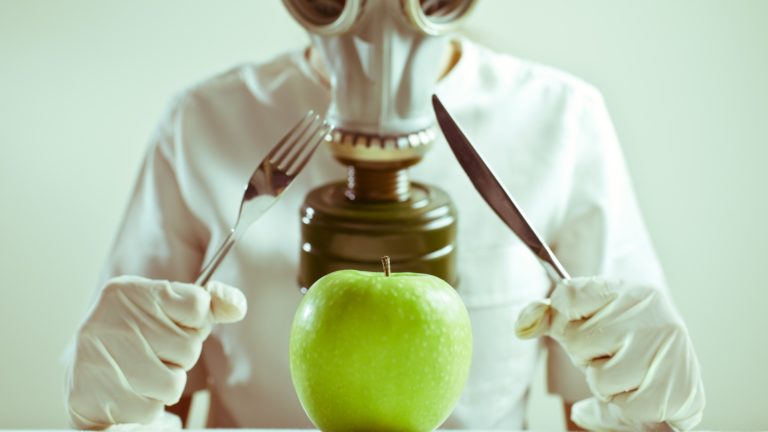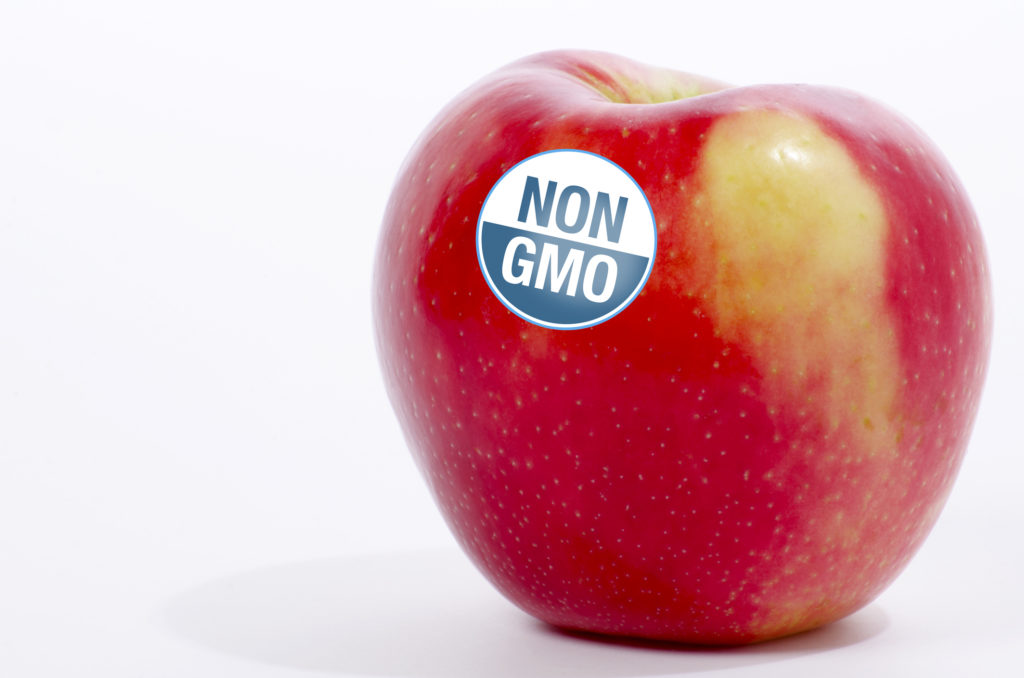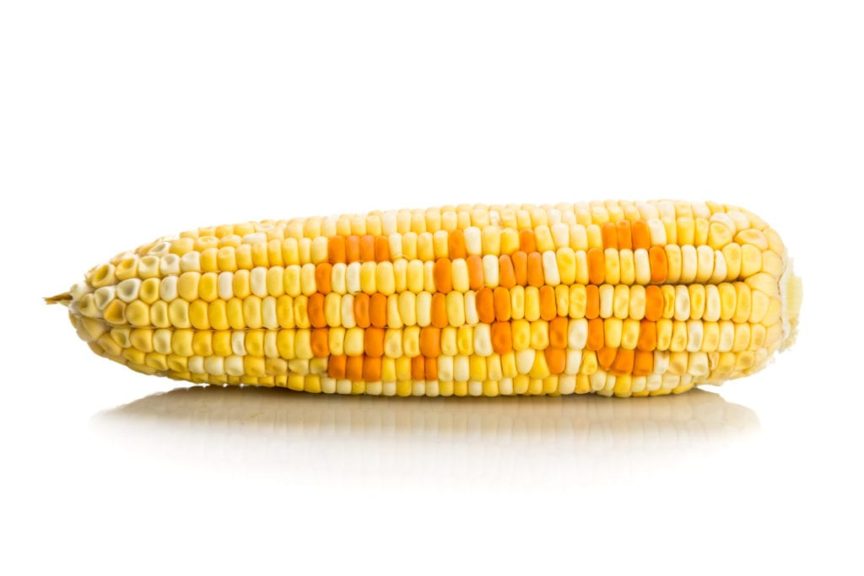How Dangerous Are GMOs?

The GMO Debate
The argument over genetically modified organisms, or GMOs, seems interminable as to whether they pose a threat for human consumption, let alone to the environment and animals. What is clear is that the issue is a cause for concern for most, to the point that the labelling of GMO foods is increasingly more common and affects consumer decisions at the supermarket.
One of the most recognized organizations in the battle to label GMO foods is The Non-GMO Project. The organization’s mission is to educate consumers by encouraging food suppliers to label all food products that contain GMOs. The end goal is to eventually change the way food is grown and eliminate GMO use by encouraging consumers to vote with their wallet.
For those who believe that GMOs are harmless, there are several arguments. One is that there is supposedly no definitive evidence of humans or animals having health issues directly caused by GMO foods. Another is that the FDA would ban GMO foods if it felt they were harmful. Others argue that there are numerous benefits to GMOs, such as higher crop yield and preventing the spread of disease.

The Institute for Responsible Technology
Jeffrey Smith, founder of the Institute for Responsible Technology and one of the biggest activists in the fight against GMOs, says he believes the consumption of genetically modified food is ostensibly dangerous. According to Smith, GMOs can lead to numerous health issues ranging from digestion issues and skin conditions to brain fog and anxiety.
Smith says that there is also evidence of an accumulation of GMO toxins that is retained in consumers that can be passed from pregnant mothers to their children, causing an array of health problems. He also attributes an increase in the rate of non-alcoholic fatty liver disease to be caused by GMOs.
World Health Organization
Studies by the World Health Organization have labeled Roundup, the pesticide sprayed on GMO crops that are herbicide resistant, as a likely carcinogen. In addition to Roundup, scientists have engineered GMO foods that are capable of producing pesticides in their growth. Smith touts a recent study that linked an increase in the growth of a protein in GMO corn that produces putracine and cadaverine, chemicals that are potentially toxic to humans.
While the WHO’s position that GM foods aren’t harmful is often cited by detractors of the anti-GMO movement, the organization doesn’t necessarily take a firm stance.
On its website regarding the safety of GM foods the WHO says, “individual GM foods and their safety should be assessed on a case-by-case basis,” and that, “it is not possible to make general statements on the safety of all GM foods.”
The website also says that outcrossing, or the migration and mixing of genes from GM crops to wild or conventional crops, “may have an indirect effect on food safety and food security.” Where this has been recognized, countries have tried to clearly separate fields of GM crops from conventional crops, however it is not completely fail-safe.

Where the WHO does take a firm stance is that it has found no signs of GMOs linked to allergies and that, “no effects on human health have been shown as the result of the consumption of such foods by the general population in the countries where they have been approved.”
Another of Smith’s main arguments is that there is a transfer of genes from GM food to human cells after consumption. According to the WHO regarding gene transfer, the probability of transfer is low. This again does not take a stance eliminating the concern completely. Smith contends that studies have shown that GMOs that are bred with pesticides poke holes in the stomach of insects and that such effects are seen with human consumption as well.
Where do you stand?
Exposing GMO Agendas with Jeffrey Smith
Genetically modified foods have become such a pervasive part of the standard American diet that it is nearly impossible to avoid them. With major lobbyists holding sway over political opinion, it seems that the ever tightening grip of “Big Ag” is set to become unbreakable.
Biotech Company To Send Woman to Space to Birth First E.T. Baby

There’s a long list of activities expecting mothers are typically told to avoid and often they’re pretty mundane; prolonged physical activity, amusement park rides, and getting a tattoo. Not included on this list – because any sane human would consider it to be pretty much implied – is space flight. But now a biotech company called SpaceLife Origin, wants one lucky lady to cast those overly cautious maternal instincts aside and take a trip into the exosphere, so she can give birth to the first (technically) extraterrestrial child.
SpaceLife Origin is founded on the premise that humans are getting close to colonizing other planets and that Earth is becoming an increasingly hostile environment, due to climate change and other unnamed threats. Accordingly, its founders set up a series of missions that involve launching the precursors of life into space over the next few years, and eventually launching a pregnant woman into space to give birth by 2024.
Their first launch, planned for 2020 and titled Mission Ark, is being marketed as mankind’s ultimate insurance policy, offering individuals the ability to store their “Seeds-of-Life” in a satellite hovering in low-earth orbit for the next several decades. Those with the means to afford it can buy themselves piece of mind, knowing their potential progeny will be stored safely off-planet, impervious to any anthropogenic or natural disasters down here amongst us plebeians.
Their second project, set to launch in 2021 and titled Mission Lotus, involves the first attempt to conceive a human being in space – though not by traditional means. Human egg and sperm cells will be launched up to a space station, where they will be used to artificially create an embryo that will mature for a few days, before being returned to Earth, where gestation will continue inside the mother. Nine months later, she will give birth to the first child conceived off planet.
Finally, Mission Cradle hopes to enact the first birth of a human being in space, technically creating the first “extraterrestrial” baby ever. But how would they get a pregnant woman into space without the G-forces, radiation, and other extreme conditions affecting her unborn child? And what about the trip back? All great questions.
SpaceLife says it’s possible though, and that it’s necessary for us to learn the technical aspects of this process if we ever want to colonize distant planets.
“It’s a small step for a baby, but a giant baby-step for mankind,” said Dr. Egbert Edelbroek, SpaceLife Origins Chief Strategy & Innovation Officer.
It’s hard to tell if the company has achieved the necessary funding, partnerships with space agencies, or humans willing to donate their seeds, but if we had to guess, the latter part of that equation is likely the easiest box to check.
SpaceLife’s website includes a promotional video that shows the evolution of mankind’s achievements in a quick montage of stock images, followed by a video of Elon Musk speaking at a SpaceX event. It’s unclear whether the company is actually in talks with Musk, but it’s obvious they’re at least trying to give him a nudge to recognize their lofty plan.
Unsurprisingly, the tentative space nation Asgardia, has expressed its support of SpaceLife’s plan, as it too, hopes to pioneer a number of firsts in space, including a space station that would support an entire nation. But as idealistic and romantic as this all sounds, it always leads one to wonder whether these futurists have the interests of the people in mind, or whether they’re only considering the upper echelon of society.
For more on the potential existence of an elite plan to covertly colonize our solar system, watch this episode of Deep Space:




































